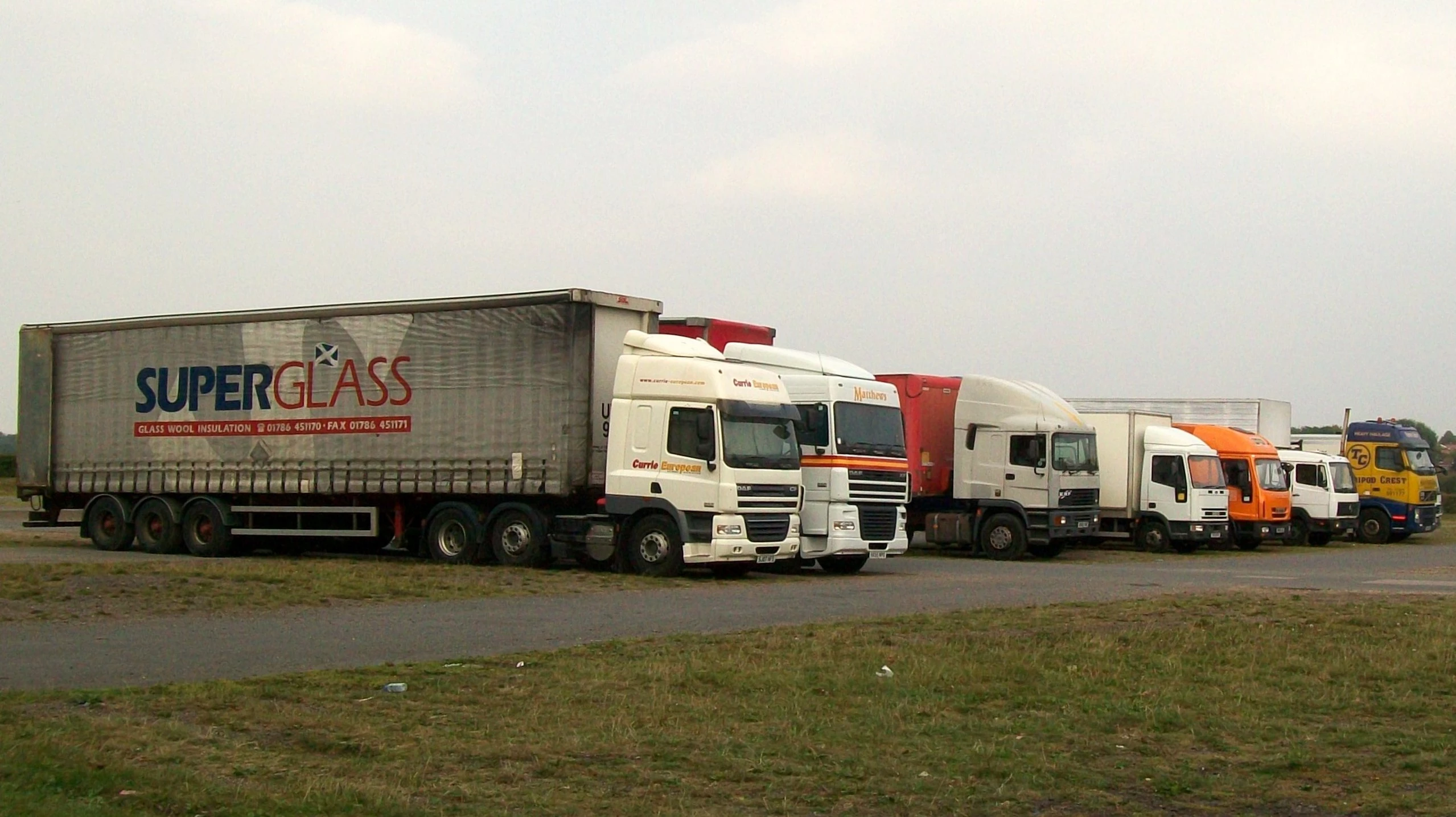
A greener world: The unexpected benefits of fleet tracking
Vehicle tracking, also known as telematics, is used by businesses to monitor the location of any business vehicles, be it cars, lorries or vans. It is a booming industry that is set to grow its worth to $22 billion by 2022. While the data gathered can benefit businesses in an economical way; improving the accuracy of their delivery times, there are a number of additional environmental benefits to using a tracking system for fleets.
By monitoring a range of data points in a fleet of vehicles, companies that use van, trucks and cars to provide their services can do their part to minimise their impact.
Vehicle tracking can reduce harmful emissions
Research has found that the transportation sector is responsible for around 27 per cent of greenhouse gas emissions in America and Canada. The majority of this is from the CO2 emissions resulting from the combustion of petroleum-based products, such as gasoline. Without a complete change in fuel sources for vehicles, such as electric, this doesn’t look to change, except to increase. Telematics systems can help to reduce the impact while we still use harmful fuels.
Driving inefficiently increases fuel consumption and also leads to harmful emissions being released into the environment, generating a larger amount of air pollution. Vehicle tracking providers like Movolytics can monitor the speed, journeys and fuel consumption of each vehicle in your fleet, identifying areas where drivers are being inefficient. Monitoring and improving these areas can reduce the amount of harmful emissions released by these fleets.
Real time GPS tracking leads to a reduced fuel spend
Modern systems can offer real time GPS tracking, so you always know where your vehicles are at all times. Telematics can also track fuel levels, with the newest systems tracking actual fuel usage from the tank, instead of as estimates based on vehicle journeys.
The system also tracks how efficiently fuel is being used, sharing this data with fleet managers. By comparing driving times and styles, such as rapid acceleration and deceleration, which consumes considerably more fuel than driving at a constant speed and therefore increases the level of pollution, they can make improvements.
Using fuel inefficiently also costs more money for the business, while causing more environmental damage. If a company can track inefficient fuel use, they can reduce their CO2 emissions and impact on the earth. The GPS system also allows a driver to carefully plan his route to ensure they pick the quickest journey, with the least amount of traffic. This could lead to bigger changes, such as in wasteful routes, avoiding busy times or days.
This can reduce idle time, which uses up even more fuel unnecessarily. The real-time tracking facility can also improve customer service for the business, as any last minute jobs that come up on a driver’s route can be accommodated for.
Driver behaviour is more easily quantified & fixed with telematics
While fleet tracking can help a business save money, the data gathered by the telematics system can also help businesses be kinder to the environment on a driver by driver basis. By tracking fuel consumption levels for each driver, it can build up a better picture of your fleets driver behaviour.
Idle times, breaking times, and even driving in the wrong gear can unnecessarily increase the level of fuel being used by a vehicle. Your drivers may not even realise they are making choices on every journey that increasing the amount of wasted fuel used.
Stopping engine idling will halve CO2 emissions
Real-time tracking in many vehicle tracking systems can allow drivers to accurately plan their routes before they set off, and while on the move. Telematics systems can alert the driver to any traffic updates, offering the chance to bypass any traffic jams and reducing the idle times on an engine. An idling engine can produce up to twice as many exhaust emissions as an engine in motion.
Idling engines can also produce the harmful Carbon Monoxide gas, as the fuel is not being burned efficiently when the engine is not working to its maximum capacity. This incomplete combustion of fuel emits carbon monoxide, which is a colourless, odourless, and tasteless gas. Reducing the idle times of an engine dramatically reduces the chances of your vehicle emitting the fatal gas into the environment.
The future of fleet tracking on the environment
With more and more businesses looking to invest in vehicle tracking for their fleets, more and more drivers will be aware of the effects driving has on the environment. With tracking software that shows how efficiently a vehicle is being driven, users can see where they’re going wrong, and fix it earlier rather than later. Reducing idle times and driving more efficiently can help cut down on the number of harmful gasses contributing to global warming by the transportation sector.
This was posted in Bdaily's Members' News section by Caitlyn Stevens .
Enjoy the read? Get Bdaily delivered.
Sign up to receive our popular morning National email for free.




 test article 123456789
test article 123456789
 hmcmh89cg45mh98-cg45hm89-
hmcmh89cg45mh98-cg45hm89-
 test456456456456456456
test456456456456456456
 test123123123123123123
test123123123123123123
 test xxxdiosphfjpodskhfiuodsh
test xxxdiosphfjpodskhfiuodsh
 Savour the flavour: North Tyneside Restaurant Week returns for 2024
Savour the flavour: North Tyneside Restaurant Week returns for 2024
 Six steps to finding the right buyer for your business
Six steps to finding the right buyer for your business
 Stephen signs off on a special night
Stephen signs off on a special night
 Life’s a Peachaus: Gillian Ridley Whittle
Life’s a Peachaus: Gillian Ridley Whittle
 Making a splash: Phil Groom
Making a splash: Phil Groom
 Making workplace wellbeing a priority
Making workplace wellbeing a priority
 A record of delivery, a promise of more: Ben Houchen
A record of delivery, a promise of more: Ben Houchen